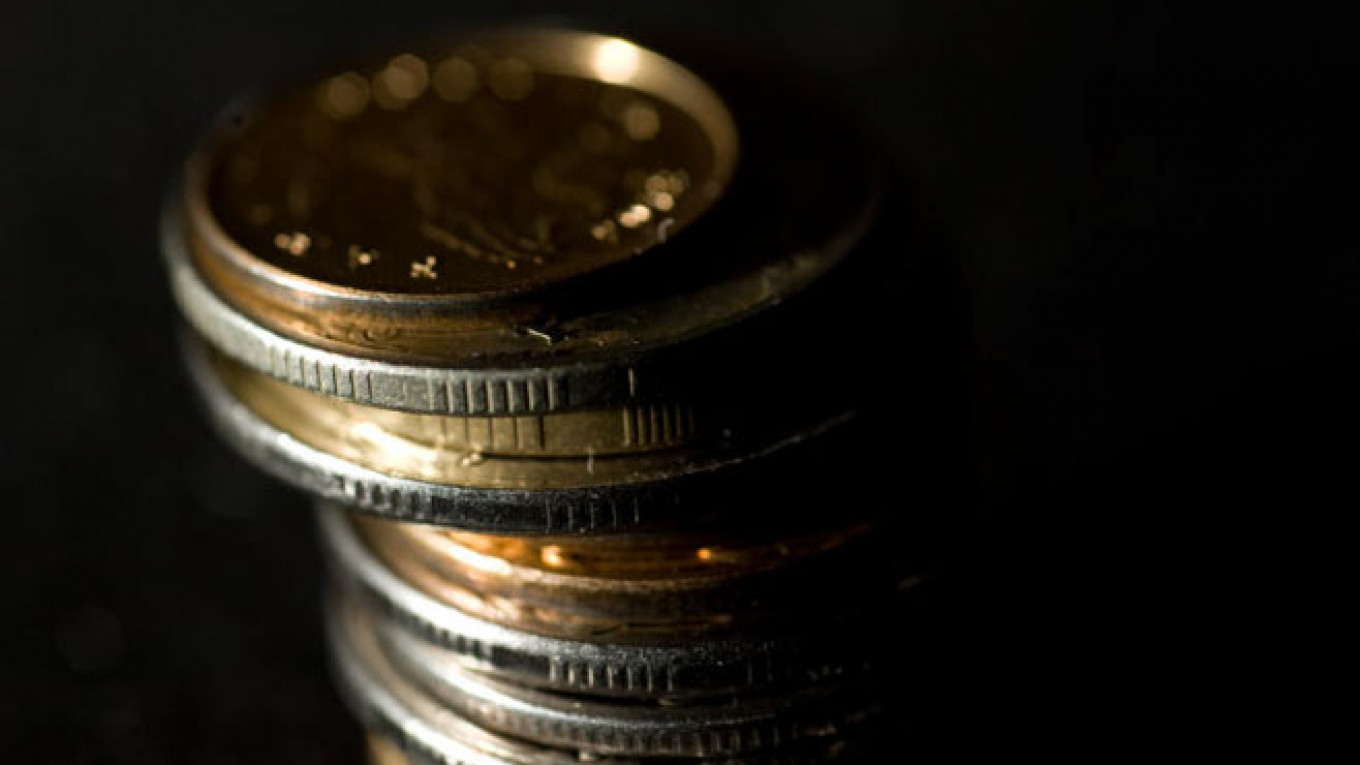Crimea’s switch to the ruble will not happen overnight, and although the peninsula will initially be a drain on Russia’s economy, it could bring long-term benefits, an economist said Wednesday.
The first tranche of financial aid from Russia to Crimea has been provided from the budget of the Krasnodar region, Finance Minister Anton Siluanov said Tuesday. The amount of money was not specified.
Crimean Prime Minister Sergei Aksyonov said earlier this week that the transition from hryvna to ruble will involve a period of both currencies being in circulation for several months. At the same time, Crimean Deputy Prime Minister Rustam Temirgaliev said that the government would make sure that pensions in the region would be paid in rubles this April. The Crimean authorities also announced the creation of the Bank of Crimea earlier this week.
Economic Development Minister Alexei Ulyukayev said Tuesday that the switch will not have a negative effect on Russia’s economy, adding that ruble rates should not be affected. Referring to the time frame of the transition, Ulyukayev said, “It is a difficult technical goal. It might take about two or three months.”
The Economic Development Ministry has calculated how much money is needed to rejuvenate the infrastructure of Crimea, which upon entry into the Russian Federation will rank as one of the poorest regions in the country. According to the data, the transport system alone on the peninsula may need about 100 billion rubles ($2.7 billion) in investments. The energy sector would need several dozen billion rubles as well. However, as Ulyukayev said, these are only draft calculations and may be updated later.
“For the Russian economy, this switch would mainly have negative effects,” said Alexander Abramov, professor at the Moscow’s Higher School of Economics. The whole process would be accompanied by significant budget expenditures, he added. However, in a long-term perspective Crimea may become a new investment project, which may prove beneficial to the economy.
“No one could predict that the events would unfold so quickly and the ruble switch would approach so soon,” said Alexey Kapustinsky, of Kiev-based rating agency Credit-Rating. Kapustinsky said that there would definitely be a transition period, during which both hryvna and ruble will be in operation. “There is no other way to handle the process until an official federal law is signed, by which Crimea would be legally accepted as Russian territory,” he added.
It is still unclear how the banking system in Crimea will be affected by a change to ruble and how it would be integrated into Russia’s economy. Most banks in Crimea are branches of Ukrainian banks, though Russia’s VTB and Sberbank also have a major presence. Analysts think that state-owned Russian banks will initially have to function as a local Central Bank.
Sberbank said Wednesday that it has 22 branch offices in Crimea, but declined to say what role it would play in the transition to the ruble. Ukraine’s PrivatBank said there is still no legal framework for banks in Crimea to switch to the ruble. Russia’s Central Bank and VTB declined to comment on the situation.
Contact the author at [email protected]
A Message from The Moscow Times:
Dear readers,
We are facing unprecedented challenges. Russia's Prosecutor General's Office has designated The Moscow Times as an "undesirable" organization, criminalizing our work and putting our staff at risk of prosecution. This follows our earlier unjust labeling as a "foreign agent."
These actions are direct attempts to silence independent journalism in Russia. The authorities claim our work "discredits the decisions of the Russian leadership." We see things differently: we strive to provide accurate, unbiased reporting on Russia.
We, the journalists of The Moscow Times, refuse to be silenced. But to continue our work, we need your help.
Your support, no matter how small, makes a world of difference. If you can, please support us monthly starting from just $2. It's quick to set up, and every contribution makes a significant impact.
By supporting The Moscow Times, you're defending open, independent journalism in the face of repression. Thank you for standing with us.
Remind me later.






